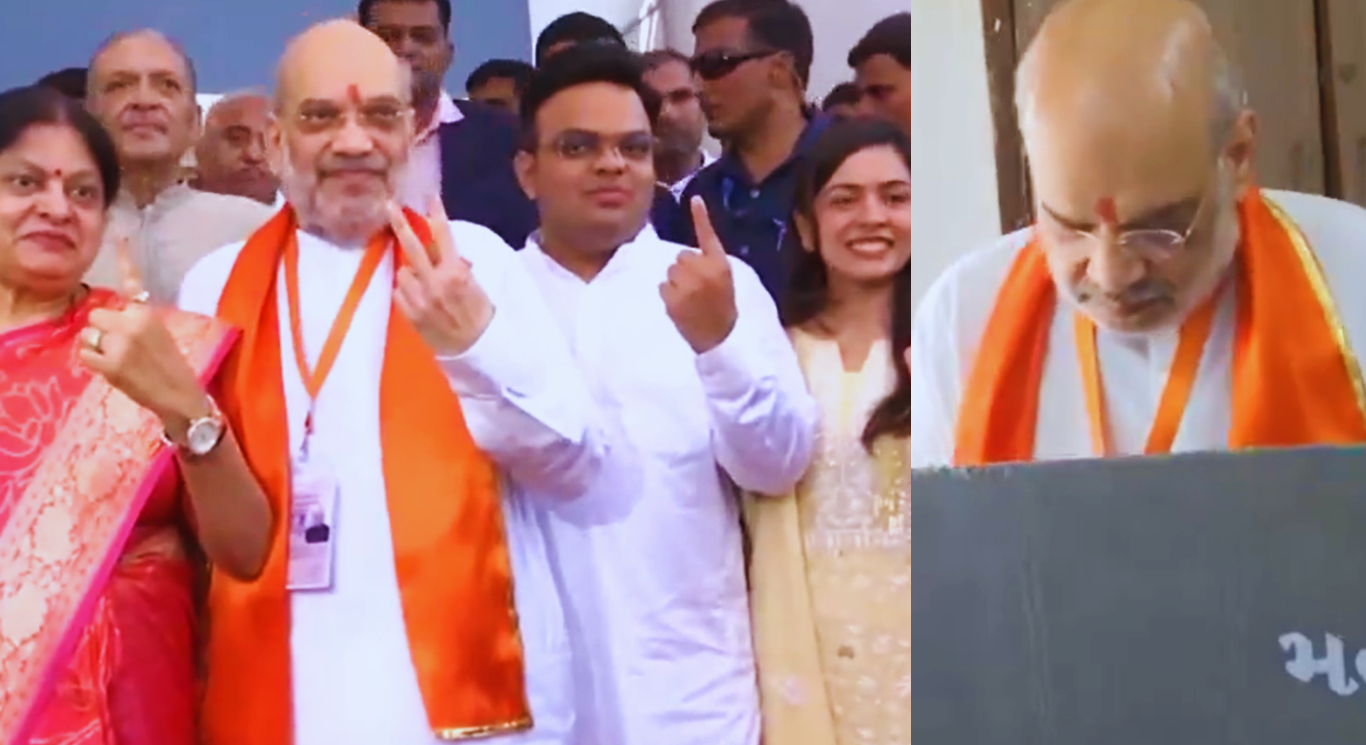



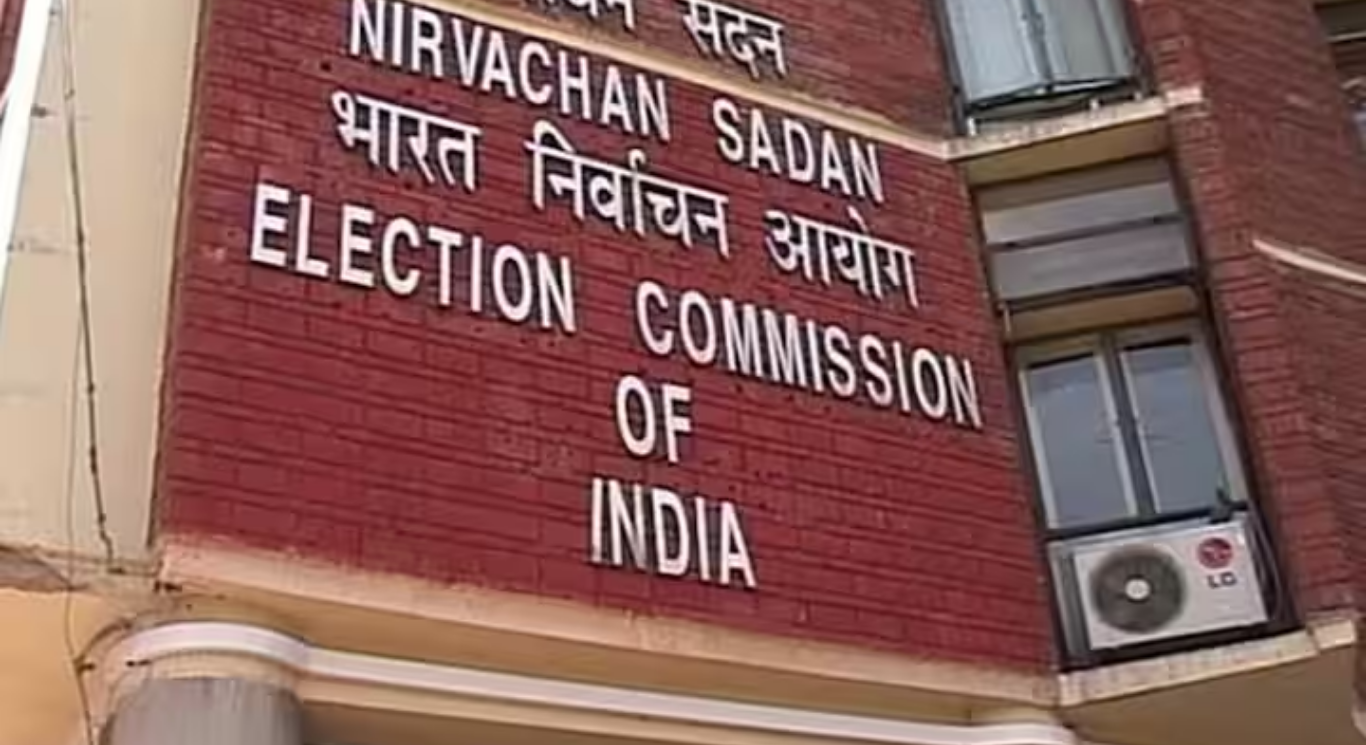
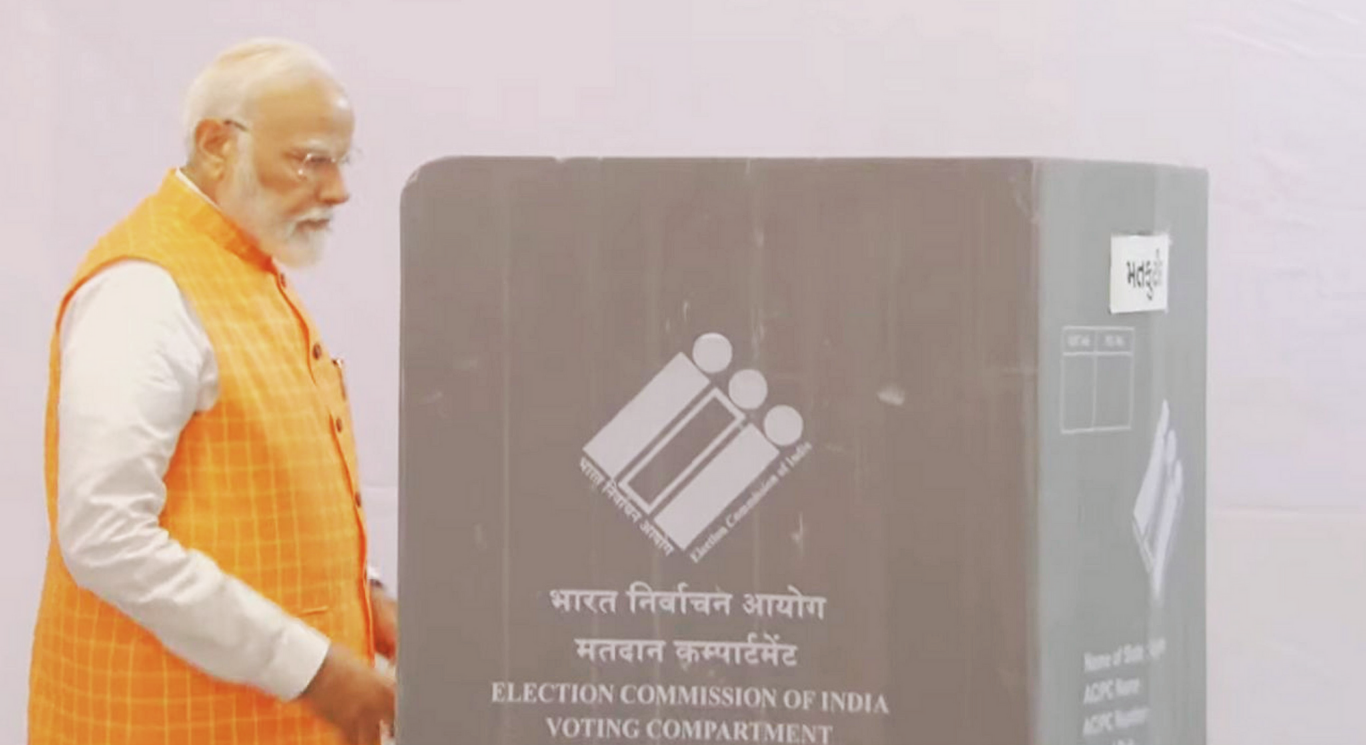

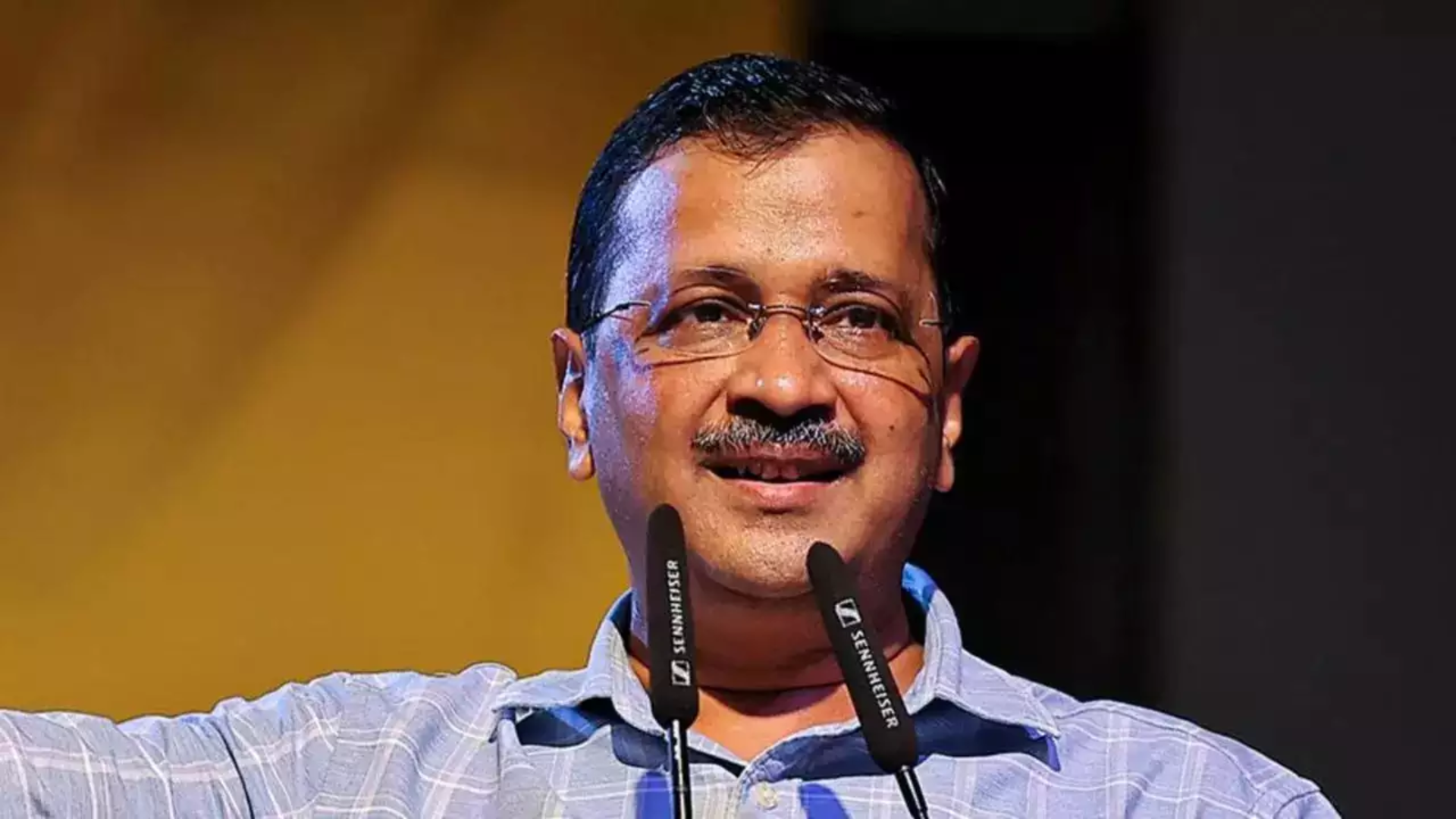


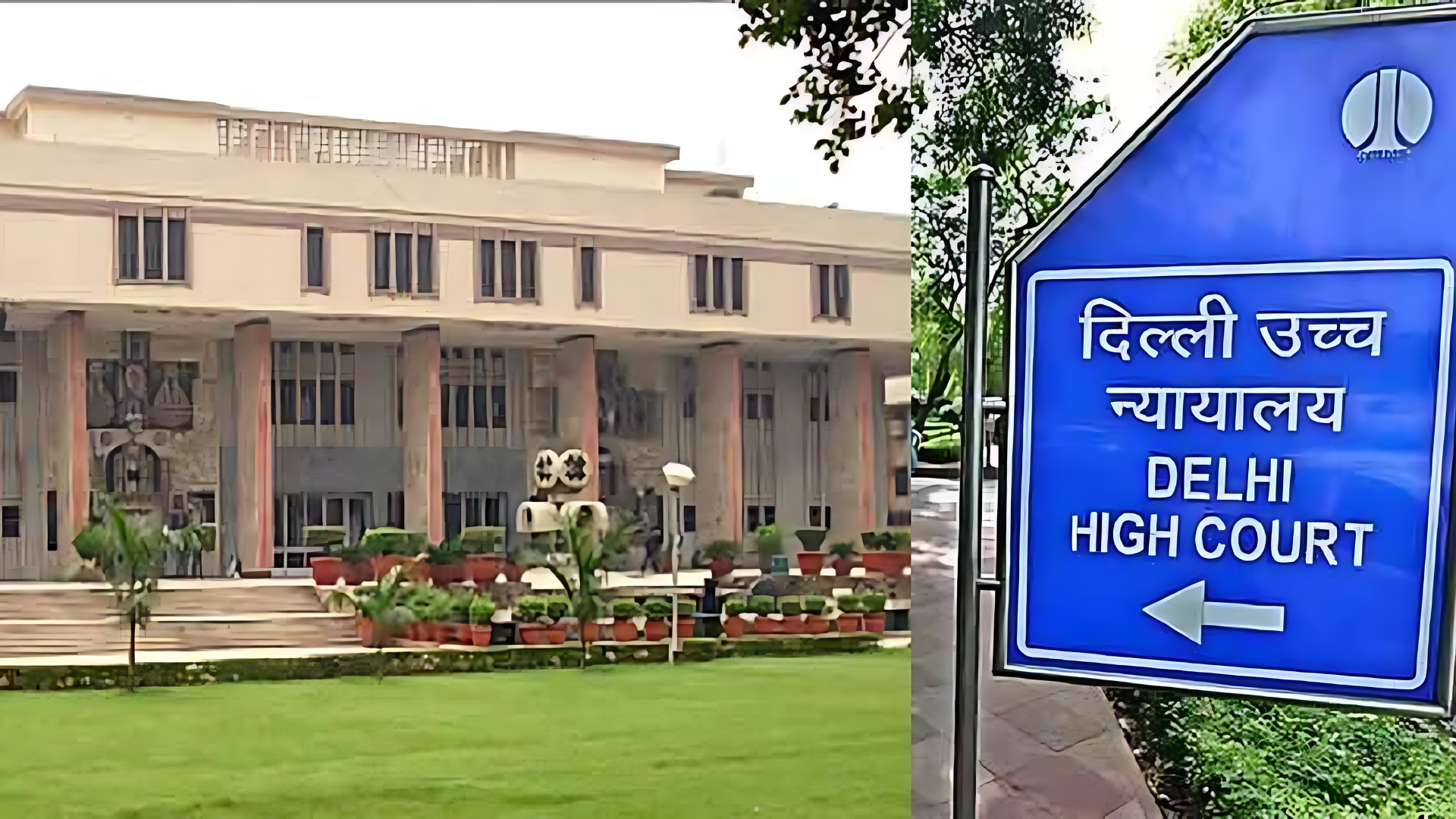
The Delhi High Court on Friday strongly criticized Arvind Kejriwal for his failure to resign as Chief Minister, accusing him of prioritizing personal interests over national interests following his arrest. The court admonished the AAP-led Delhi government, alleging that its focus solely lay in retaining power.
Arvind Kejriwal’s arrest by the Enforcement Directorate last month in connection with the Delhi liquor policy case prompted the court’s scrutiny. Additionally, the court rebuked the Delhi Government for its negligence towards providing textbooks and uniforms to students enrolled in government schools, asserting that the government appeared disinterested in addressing the issue.
Also Read: Final Voter Turnout On Phase 2 Lok Sabha Election 2024, Uttar Pradesh Stands The Lowest
In a previous instance, the High Court emphasized the necessity of delegating financial power promptly to an appropriate authority in the absence of the Standing Committee. This directive arose after the MCD Commissioner highlighted the failure to distribute essential educational materials due to the non-formation of Standing Committees. However, the counsel representing the Delhi government informed the court that consent from the Chief Minister, currently in custody, was required for such delegation, prompting the court’s disapproval.
The court further criticized Urban Development Minister Saurabh Bhardwaj, accusing him of ignoring the students’ plight and offering insincere sympathy. Despite the government’s argument that the standing committee was not functioning due to illegal appointments by the Lieutenant Governor, the court asserted that the responsibility for book distribution ultimately fell on the government, highlighting a failure in their duties.
In conclusion, the court lamented that it had to intervene in matters beyond its purview due to the government’s shortcomings, emphasizing the need for accountability and proper governance.


